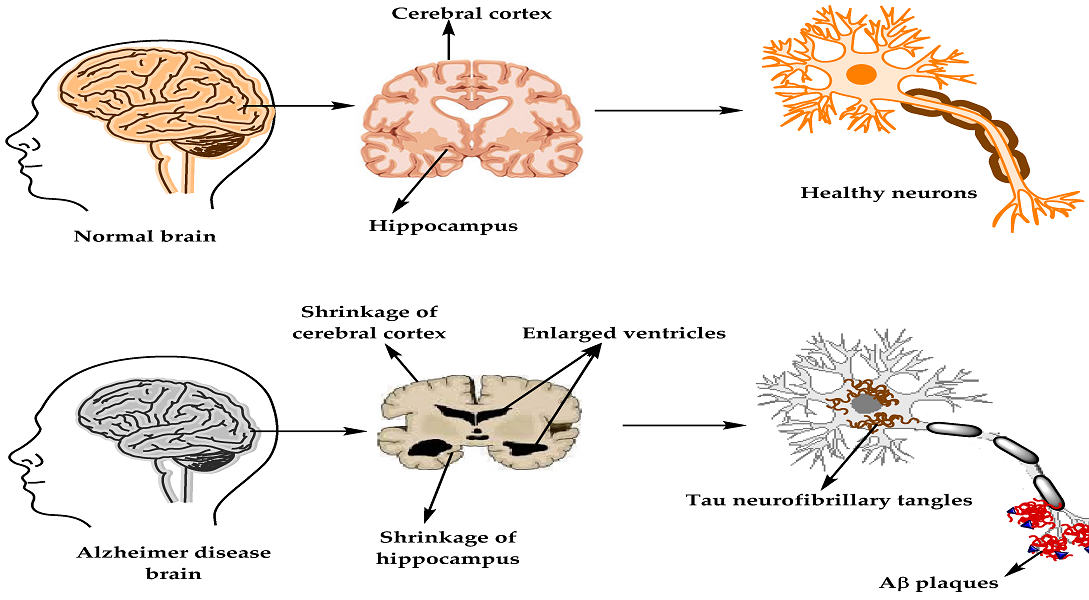HEALTH DESK
ISLAMABAD: A new U.S. study suggests that walking roughly 5,000 steps a day may significantly lower the risk of cognitive decline linked to Alzheimer’s disease.
Researchers tracked nearly 300 older adults for 14 years and found that those who maintained higher levels of daily physical activity showed slower mental deterioration—even when early biological markers of Alzheimer’s were already present.
The team reported that participants with elevated beta-amyloid levels, a protein known to accumulate in the brains of people developing Alzheimer’s, fared better cognitively if they stayed active. While exercise did not stop beta-amyloid from building up, it did slow the rise of tau proteins, which directly damage brain cells.
Published on November 3 in Nature Medicine, the study highlighted that light to moderate movement—typically 5,500 to 7,500 steps a day—was linked to noticeably better brain outcomes. Those in this activity range declined at only half the rate of individuals who were mostly sedentary. Interestingly, exceeding 10,000 steps did not provide further mental benefits, indicating that around 5,000 steps may be enough to make a meaningful difference.
Lead author Dr. Wendy Yau stressed that small lifestyle changes can have a powerful impact. “We shouldn’t underestimate how much everyday habits can support our mental well-being,” she noted.
Alzheimer’s currently affects around 7 million Americans, a number projected to double by 2060. While new drugs such as Kisunla and Leqembi can slow disease progression, experts say routine physical activity remains one of the most accessible and effective preventive measures.
Researchers cautioned that the findings are observational and cannot conclusively prove that walking alone prevents Alzheimer’s. However, the evidence strongly suggests that staying active plays a crucial role in protecting brain health and reducing early symptoms.
Read more:https://nayakashmir.com/pakistans-forex-reserves-slip-to-19-66bn-despite-sbp-uptick/
















